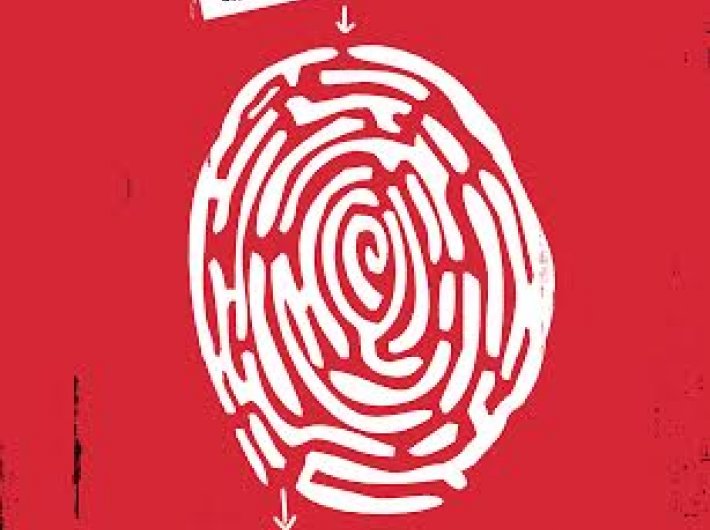National identification authority of India bill being resent for inter-ministerial consultations
Amid reports that the unique identification authority of India (UIDAI) might be shut and merged with the home ministry’s national population register (NPR), senior officials working with the authority have indicated that UIDAI might continue to enrol people and offer authentication services.
“The government has approved a Rs 2,000-crore budget (for UIDAI) for this financial year,” a senior official said.
The fund, the official said, will be largely spent on infrastructure: the authority is constructing its own building to host the central identities data repository in Bangalore (CIDR at present operates out of rented premises) and a disaster recovery site in Manesar, Haryana. The fund will also be used to carry out enrolments in Uttar Pradesh, Bihar, Chhattisgarh and Uttarakhand, it was informed.
These four states, which were initially covered by the NPR, were handed to the authority for faster DBT-L (direct benefit transfer for subsidised LPG cylinders) rollout by the UPA government.
According to the official, the authority has as of now already enrolled 70 crore people and enrolment is still on, with 3 lakh people getting covered in a month.
There have been a series of speculation about the future of Aadhaar ever since the NDA government came to power. UIDAI was one of the Congress-led UPA’s most ambitious projects.
According to sources, minister for planning, statistics and programme implementation Rao Inderjit Singh has asked UIDAI officials to “keep the (national identification authority of India) bill ready”. The bill is being resent to other ministries for consultations. The bill, initially introduced in 2010 and rejected by the parliamentary standing committee on finance, was revised and approved by the Manmohan Singh cabinet in October 2013.
The official said that preamble of the revised version explicitly states that Aadhaar will be used for service delivery – a fact not mentioned in the initial version of the bill. The rest of the bill has not been changed, the official said, adding that the parliamentary panel did not object to any provision of the bill. The observations were generic in nature, the official said.
Given the long process of approvals, it is going to be difficult for the government to introduce the bill in the current session of parliament. For the bill to be ready, it has to be first sent to the law ministry. The vetted copy will subsequently be sent for inter-ministerial consultations. The reworked bill, after incorporating feedback from other ministries, has to be then sent to the cabinet for approval. If the cabinet approves, it is then sent once again to the law ministry for final vetting.
Rao Inderjit Singh refused to comment on the matter when Governance Now approached him.
Meanwhile, to resolve differences and conflicts between UIDAI and NPR, home minister Rajnath Singh took up the issue with Rao Inderjit Singh and Ravi Shankar Prasad, minister of communications and IT, as also law and justice. According to a PTI report, ministers took stock of the various aspects of NPR and Aadhaar, how to avoid duplication between the two, and also discussed suggestion of marrying the two schemes.

